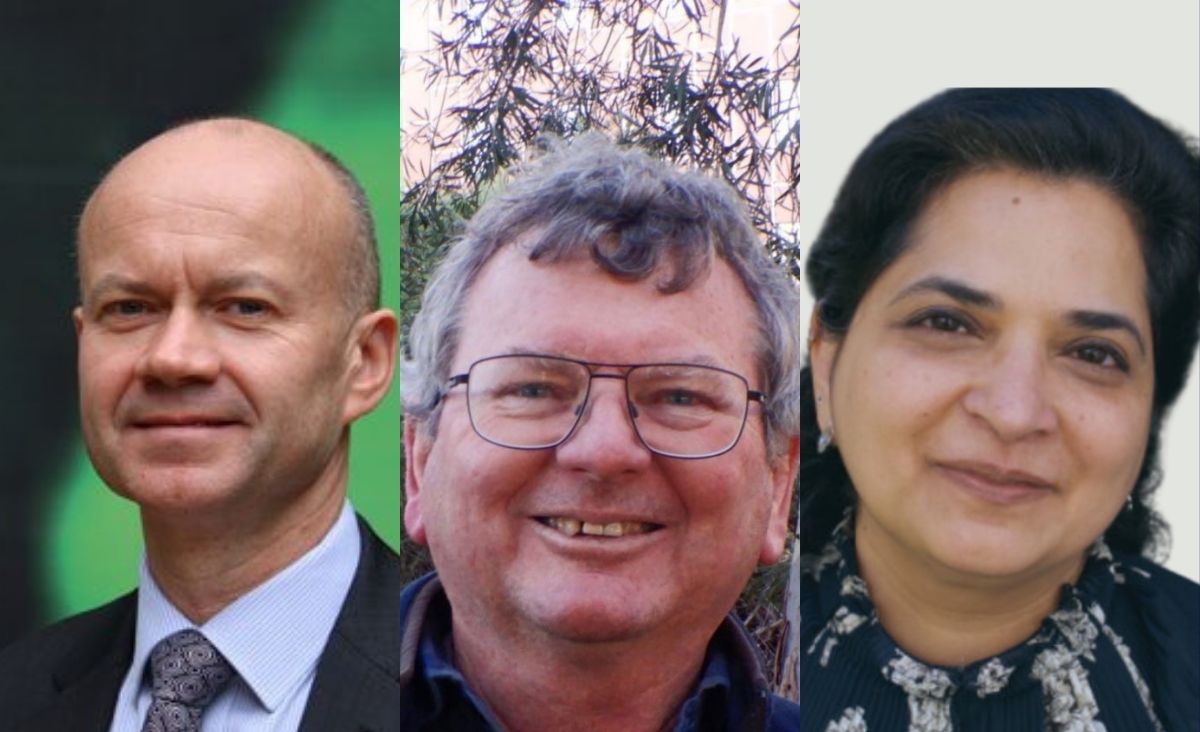RMIT experts analyse Australia's recent ban on three types of forever chemicals, known formally as per- and poly-fluoroalkyl chemicals - or PFAS for short, while Europe plans a precautionary ban on 14,000 by 2030.
In June 2025, Australia implemented a ban on the import, use and manufacture of three types of PFAS 'forever chemicals' - PFOA, PFOS and PFHxS - which have long lifespans and resist breakdown.
These chemicals are considered harmful due to their toxicity and ability to build up inside living organisms.
In 2023, the World Health Organization's cancer agency declared PFOA to be a human carcinogen (cancer-causing agent), and PFOS a potential carcinogen.
In response to public concern, the European Union (EU) has proposed to restrict all types of PFAS by 2030.
RMIT's Professor Ralph Horne, Professor Vincent Pettigrove and Dr Bhavna Middha explain the cautions regarding PFAS, as well as control efforts in Australia, the United States and Europe.
The researchers said the EU's approach may seem extreme, but the cost of cleaning up highly polluted PFAS sites and research on emerging harms shows the value.
Phasing out the entire class could avoid even worse chemical pollution in years to come.
While Australia's ban on the three most concerning chemicals is a positive step, its implementation is slow, as authorities wait for new evidence of harm to emerge for specific chemicals.
This risk-based approach leaves the door wide open for thousands of other PFAS chemicals - and all other industrial chemicals being developed at the staggering rate of 1.4 per second.
Read the full article in The Conversation.
Horne, Pettigrove and Middha are all engaged in research projects with both Australia and Europe links, working with RMIT Europe.

RMIT Professor Ralph Horne, Professor Vincent Pettigrove and Dr Bhavna Middha explain the cautions regarding PFAS, as well as control efforts in Australia, the United States and Europe.






